
Medicare Payment Model Shortchanges Rural Patients, Study Finds
CMS’s Main Risk Adjustment Method Underestimates Rural Patients’ Health Risks, LDI Fellows Show, Potentially Reducing Access to Care in the Heartland
News
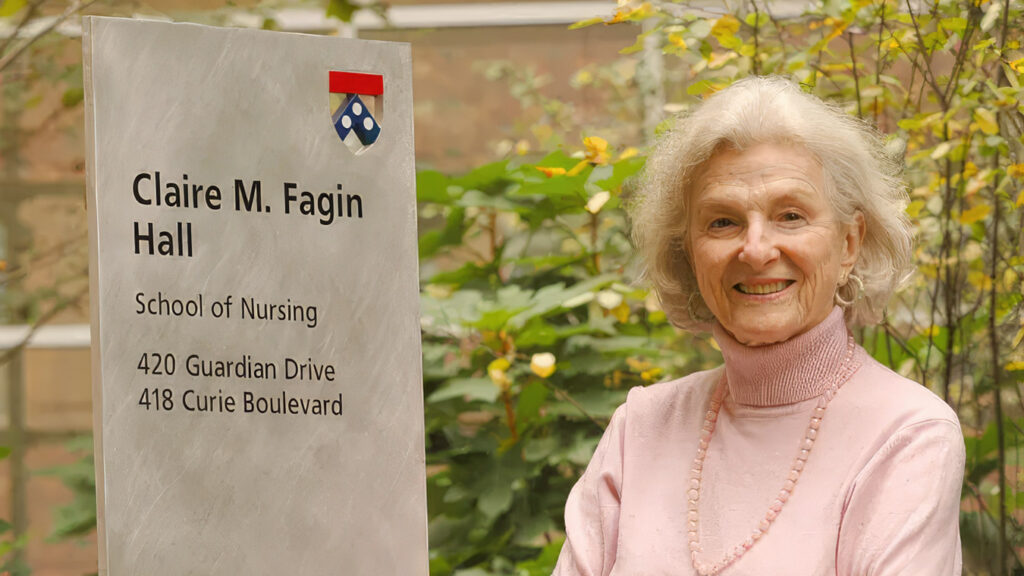
From the University of Pennsylvania School of Nursing’s Claire M. Fagin Hall, it’s just a short walk through the campus’ central matrix of buildings to Colonial Penn Center, the headquarters of the Leonard Davis Institute of Health Economics (LDI). And it was a trip that Claire Fagin made frequently during her tenure as Dean of Nursing from 1977 to 1992.
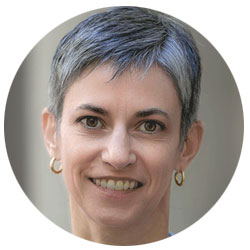
“Looking back at Claire Fagin’s contributions to LDI during a crucial period in its development, I am grateful for her leadership and her pursuit and support of interprofessional research. This perspective remains at the core of LDI’s mission and what LDI is all about,” said LDI Executive Director Rachel M. Werner, MD, PhD.

Fagin, who died at the age of 97 on January 16 had a spectacular career as a nationally and internationally famed nurse, educator, academic, and scientist who transformed Penn’s School of Nursing and reputation for groundbreaking nursing research. And she did much of that by using LDI and its network of health services research leaders across the 12 Penn schools.
“Claire understood health services research and how central it was to building the evidence needed to change policy and practice in ways that elevated nurse researchers and nurse scientists and connected them to the broader community of health care research leaders across the campus,” said Senior Fellow and Penn Nursing Professor Mary Naylor, PhD, RN. “That’s why LDI was so important to her. It was a hub of connectivity to all those people. She’d build a relationship with then LDI Executive Director Mark Pauly, PhD, who would bring in faculty members like Risa Lavizzo-Mourey, MD, MBA, and John Eisenberg, MD, MBA, and so many others.”
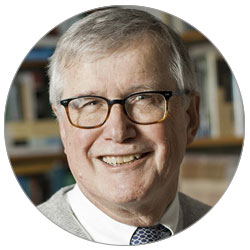
Pauly, PhD, a renowned Professor Emeritus of Health Care Management at the Wharton School, remembered Fagin’s “support for the Leonard Davis Institute as a unifying presence on Penn’s campus. She recognized that the growth of capability at Penn for health policy research meant that individual schools and departments would strike out on their own, but she supported the view that a university-wide convening institution was needed to maximize cooperation and mutual benefit. She also encouraged me personally to work with Nursing School faculty like Mary Naylor and Linda Aiken, PhD, RN, a two-way street that has been a source of great satisfaction to me.”
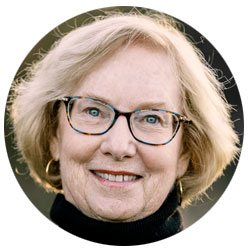
LDI Senior Fellow and School of Nursing Professor Linda Aiken, PhD, RN, agreed. “Claire’s genius was in recognizing LDI’s importance and successfully advocating for its second decade to go beyond the original mission of collaboration between researchers in Wharton and Medicine to virtually all the schools at Penn. She pushed to support the development of health services research within the School of Nursing and then making sure that nursing faculty developed interdisciplinary teams through engagement in LDI activities. The School of Nursing under her leadership was among the first to employ a full-time media specialist and she found much appreciated help and media support from LDI resulting in many prominent media publications.”
When she was recruited in 1977 from her job as Chair of the Nursing Department at Lehman College within the City University of New York (CUNY) to become the new Dean of Nursing at Penn, Fagin arrived with an out-of-the-box vision. Nurses, she believed, had to stop viewing themselves as just assistants and bedside service providers and, instead, recognize themselves as potentially top-level clinicians directly involved in informing health care innovations and interventions as scientists. Among the major changes she made toward that goal was requiring that all Nursing School faculty members have doctorate degrees. From there she went on to create a nursing doctoral program, and endowed chairs for nursing.
She also invested heavily in research centers, two of which had strong ties to LDI: the Center for Health Outcomes and Policy Research directed by Aiken and the NewCourtland Center for Transitions and Health directed by Naylor.
“The success of both Centers was due, in part, to LDI which through its interdisciplinary activities brought together senior faculty across schools,” said Aiken.
Today, the Nursing School’s research centers and their nurse scientists are nationally and internationally famed for their work on some of the most pressing issues of nursing and health systems.
“Beyond the extraordinary woman, Claire Fagin was a great leader who created an environment that people in the past have called ‘Camelot like.’ It was a time when there was a pervasive sense that anything was possible if you brought together all the right people. She did just that and didn’t only change the nature of what nursing education and research was at Penn. Her work and vision impacted the entire field of nursing beyond that.”

CMS’s Main Risk Adjustment Method Underestimates Rural Patients’ Health Risks, LDI Fellows Show, Potentially Reducing Access to Care in the Heartland
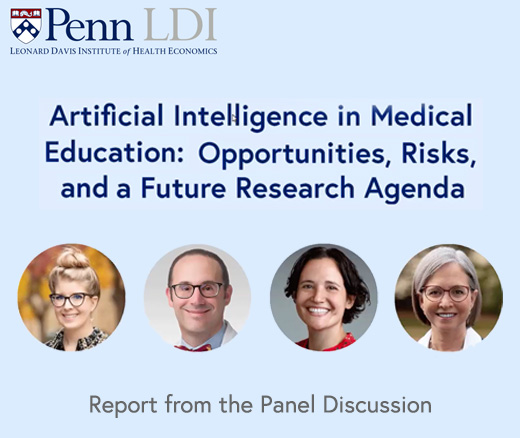
Experts at Penn LDI Panel Call for Rapid Training of Students and Faculty

A Proven, Low-Risk Treatment Is Backed by Major Studies and Patient Demand, Yet Medicare and Insurers Still Make It Hard To Use
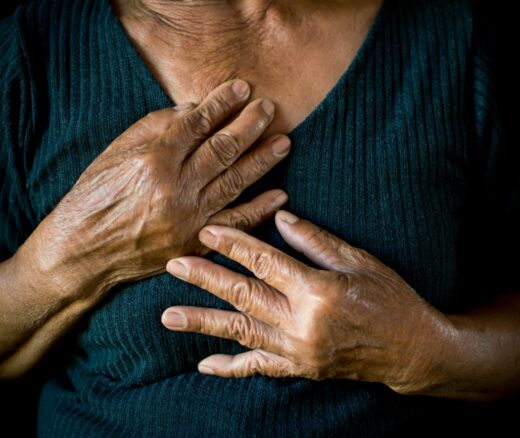
New Study From LDI and MD Anderson Finds That Black and Low-Income, Dually Eligible Medicare Patients Are Among the Most Neglected in Cancer Care

Her Transitional Care Model Shows How Nurse-Led Care Can Keep Older Adults Out of the Hospital and Change Care Worldwide
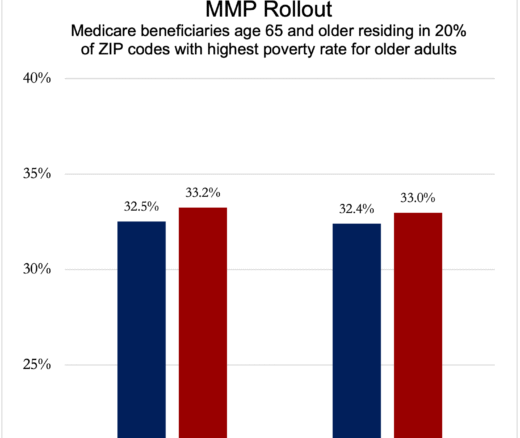
Chart of the Day: Medicare-Medicaid Plans—Created to Streamline Care for Dually Eligible Individuals—Failed to Increase Medicaid Participation in High-Poverty Communities